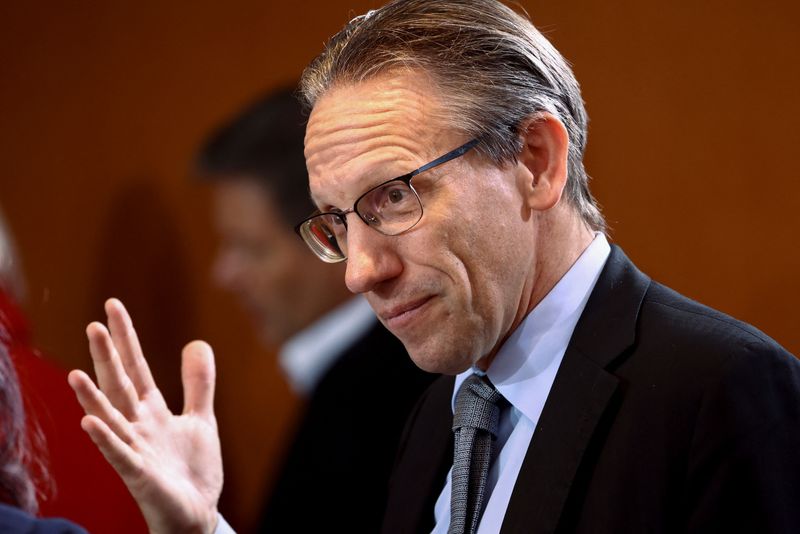Trade Tensions Ease? Germany Signals Diplomatic Path with US in Tariff Standoff

Germany remains optimistic about reaching a diplomatic resolution with the United States regarding import tariffs, while simultaneously preparing for potential alternative strategies, according to the country's finance minister in a recent radio interview.
Speaking to Deutschlandfunk broadcaster, Joerg Kukies outlined Germany's pragmatic approach, emphasizing that their primary goal is a negotiated agreement to reduce, rather than escalate, trade tensions. "Our first priority is clear: we want a constructive dialogue that leads to lower tariffs," Kukies explained while attending the International Monetary Fund and World Bank spring meetings in Washington.
While maintaining a hopeful stance, Kukies also acknowledged the European Union's readiness to implement counter-measures should diplomatic efforts fail. This balanced approach underscores Germany's commitment to protecting its economic interests while seeking a peaceful resolution to ongoing trade challenges.
The finance minister's comments reflect the delicate diplomatic dance between the United States and European Union, highlighting the complex negotiations surrounding international trade policies.
